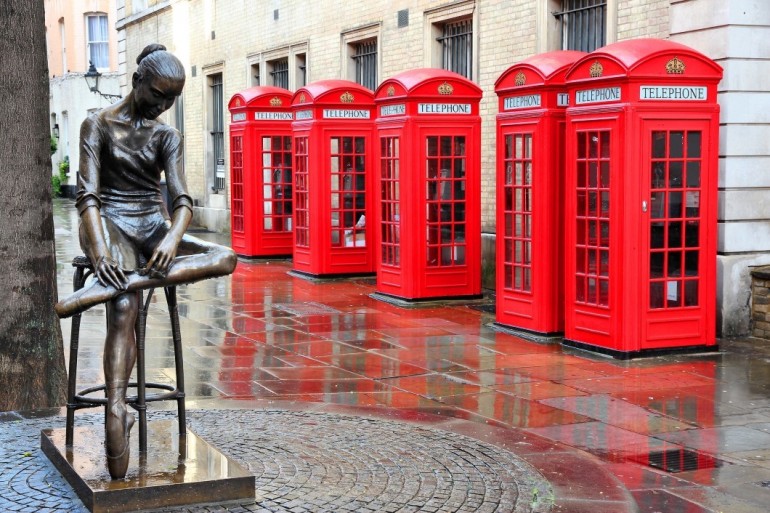Sponsored Listings:
United Kingdom is expected to end the year with 39.7 million international visitors, a record figure that represents a 6% increase over the previous year, when 37.3 million visitors were registered. Along the same lines, the expenditure generated by travelers will be around 29,000 million euros, an increase of 14%, according to forecasts by Visit Britain, the national tourism agency.
During the first six months of this year, UK welcomed 8% more international visitors according to Visit Britain.
The fall of the pound after the Brexit victory has favored tourism, although Steve Ridgway, chairman of the British Tourist Authority, has claimed that such a competitive industry cannot be built on a weak currency.
“Tourism is an economic “potential” and a major source of jobs across the country as it contributes £ 127 billion to the British economy,” said Ridgway.
This sector, he said, is “two and a half times larger than the automotive industry” and employs 3 million people and “it does not need trade agreements to compete globally.”
He said that the 16% drop in the value of the pound may have made the UK more attractive, but it has also negatively impacted the promotion abroad.
The fall of the pound has favored the arrival of international visitors since the British voted to leave the European Union in June 2016. Ridgeway advocates for investing in “first-class tourist products.”
In addition, he attributes the growth of the sector to the 40 million pounds (44.7 million euros) plan to boost tourism figures that the British government launched in 2015.
On the other hand, there was also an increase in domestic tourism, since holiday overnights increased to 20.4 million from January to June this year with an expenditure of 4.6 billion pounds (€ 5,148 million).

In fact, according to data from UK Finance, a private commercial organization, the debit card expenses of the Britons abroad have decreased compared to the previous summer.
The increase in national holidays in the UK and the decline in the expenditure of its citizens abroad also coincides with the devaluation of the pound.
Sоurсе: tourism-review.com










